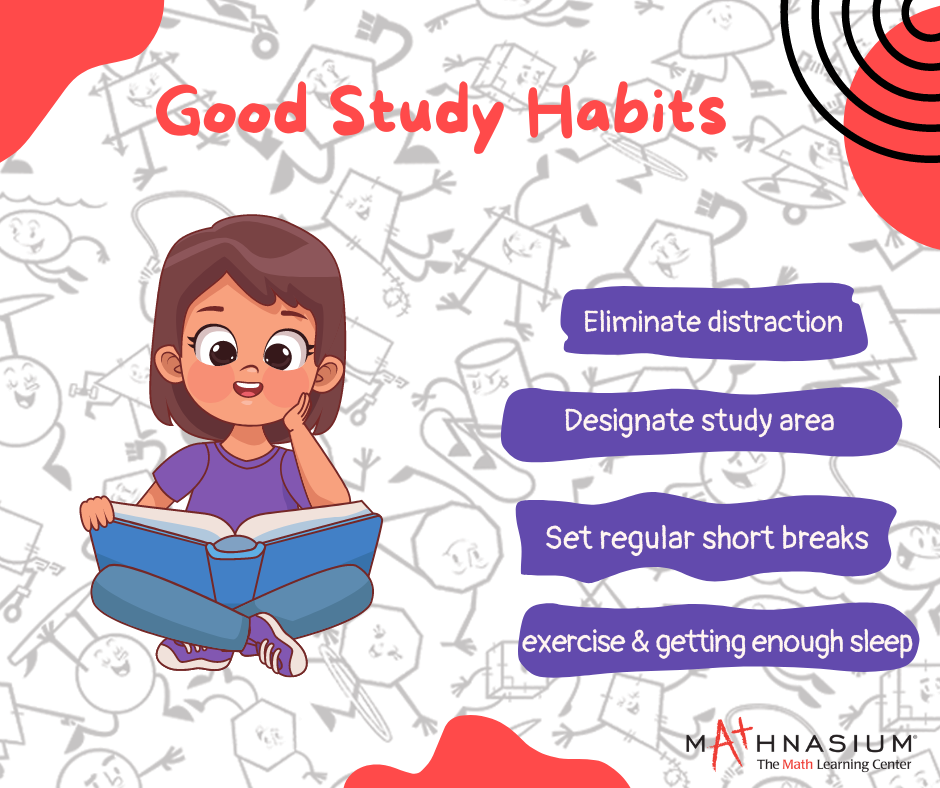Introduction
High school can be challenging, with students juggling multiple subjects, extracurricular activities, and personal commitments. Good study habits can make a significant difference in academic performance and overall well-being. This guide will explore various strategies that high school students can use to improve their study habits. The information provided is based on expert advice and scientific research, ensuring it is accurate and helpful.
Understanding the Importance of Good Study Habits
Good study habits are essential for academic success and can lead to better grades, reduced stress, and a more enjoyable learning experience. Developing these habits early in high school can also prepare students for future educational endeavors and careers.
Setting Clear Goals
Setting clear, achievable goals is the first step in developing good study habits. Goals provide direction and motivation, making it easier to stay focused and on track.
How to Set Effective Goals
- Be Specific: Instead of saying, “I want to do well in math,” set a specific goal like, “I want to get an A on my next math test.”
- Make Them Measurable: Ensure you can track your progress. For example, “I will complete three math practice problems every day.”
- Be Realistic: Set goals that are challenging but attainable. Overambitious goals can lead to frustration.
- Set a Time Frame: Give yourself a deadline, such as, “I will improve my math grade by the end of the semester.”
Creating a Study Schedule
A well-structured study schedule can help manage time effectively and ensure all subjects receive adequate attention.
Steps to Create a Study Schedule
- Assess Your Current Schedule: Look at your daily routine and identify free time slots.
- Prioritize Tasks: List subjects or assignments based on their importance and deadlines.
- Allocate Time Slots: Assign specific times for each subject or task. Ensure you have regular breaks to avoid burnout.
- Stick to the Schedule: Consistency is key. Try to follow your schedule as closely as possible.
Finding a Suitable Study Environment
The right study environment can significantly impact concentration and productivity.
Characteristics of a Good Study Environment
- Quiet and Free of Distractions: Choose a place where you won’t be interrupted by noise or other distractions.
- Comfortable but Not Too Cozy: A comfortable chair and desk are essential, but avoid studying in bed to prevent falling asleep.
- Well-lit and Organized: Good lighting reduces eye strain, and an organized space helps maintain focus.
Effective Study Techniques
Different techniques work for different students. Here are some proven methods:
Active Reading
Active reading involves engaging with the material rather than passively reading it.
- Highlight Key Points: Use a highlighter to mark important information.
- Take Notes: Write summaries or questions about the material.
- Discuss with Peers: Talking about what you’ve read with classmates can deepen understanding.
Practice Testing
Practice testing is one of the most effective study techniques. It helps reinforce knowledge and identify areas that need improvement.
- Use Flashcards: Create flashcards for key terms and concepts.
- Take Practice Tests: Use past exams or online resources to test your knowledge.
- Self-Quizzing: Regularly quiz yourself on the material.
Spaced Repetition
Spaced repetition involves reviewing material at increasing intervals. This technique helps improve long-term retention.
- Review Regularly: Schedule review sessions for each subject, gradually increasing the time between reviews.
- Use Apps: Apps like Anki can help manage spaced repetition schedules.
Staying Motivated
Maintaining motivation can be challenging, but it’s crucial for effective studying.
Tips to Stay Motivated
- Set Small Rewards: Reward yourself for completing tasks. For example, take a short break or enjoy a snack after finishing a study session.
- Stay Positive: Focus on your progress rather than setbacks. Positive thinking can boost motivation.
- Visualize Success: Imagine the satisfaction of achieving your goals, which can help maintain motivation.
Seeking Help When Needed
No one has all the answers, and it’s okay to seek help when needed.
Where to Seek Help
- Teachers: Don’t hesitate to ask teachers for clarification or extra help.
- Tutors: Consider hiring a tutor for challenging subjects.
- Study Groups: Joining or forming a study group can provide support and enhance learning.
Balancing Study and Leisure
While studying is important, so is taking time to relax and recharge.
Tips for Balancing Study and Leisure
- Schedule Breaks: Include short breaks in your study schedule to rest and recharge.
- Engage in Hobbies: Spend time on hobbies and activities you enjoy to maintain a healthy balance.
- Stay Active: Physical activity can boost energy levels and improve focus.
Conclusion
Improving study habits is a journey that requires dedication and effort. By setting clear goals, creating a study schedule, finding a suitable environment, using effective techniques, staying motivated, seeking help when needed, and balancing study with leisure, high school students can enhance their academic performance and overall well-being. Remember, the key to success is consistency and a positive attitude. Keep striving, and you’ll see improvement over time.


